Omens in the Stars: A Brief History of Babylonian Astrology
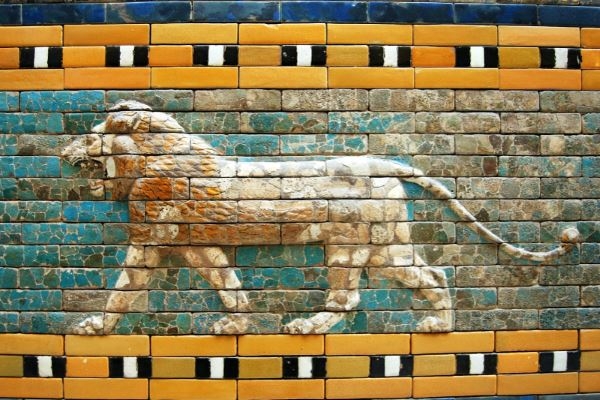
The roots of Western astrology can be traced back to the ancient people of Mesopotamia; the most detailed, surviving records of the origins of astrology are found in the archaeological remains of the ancient cities of Babylonia. Some of the oldest recorded astrological tablets date back to Babylonian civilization from 2400 BCE.
Local Apparent Time (challenges to discovering an accurate birth time)
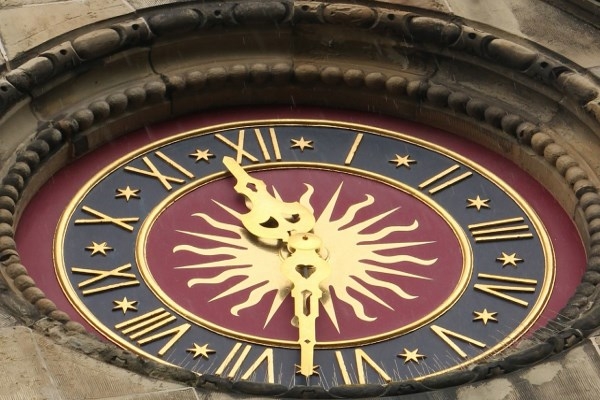
According to her family records, Maria Antonia Habsburg was born November 2, 1755 at 7:30 p.m. in Vienna, Austria. If a horoscope is cast for these data using 7:30 p.m. Central European Time, it will not produce the right horoscope because clocks in 1755 were not set to that time standard. Central European Time and the other time zones used today were not employed until late in the Nineteenth Century.
Ottoman Talismanic Shirts and the Yantras of Vedic Astrology
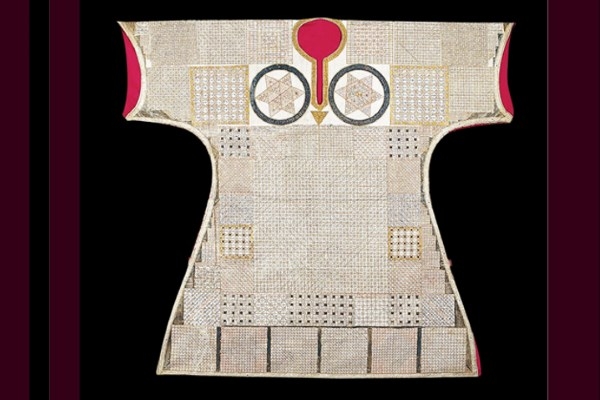
I have conducted many studies on the importance that the Ottoman Sultans placed on astrology. My research into and admiration for the Münecimbashi system of astrology that spanned from the 14th century up to the late 18th century drew my attention to a correlation between Ottoman Talismanic Shirts and the Yantras of Vedic Astrology. At a critical stage in my research, I realized the same method of calculation was used in constructing both the Talismanic Shirts and the Yantras.
Maggie Nalbandian, Kepler’s founder

Maggie Nalbandian was born on April 5, 1937 at 15:00 (3:00 PM) in Plainview (Hale County), Texas. She died in June 2015. Maggie founded a bookstore, an annual astrological conference and Kepler College. The bookstore was a starting point for Maggie’s enthusiasm and energy. In her own words: Astrology et al [the bookstore] was a […]
Ancient psyche-therapies for modern minds
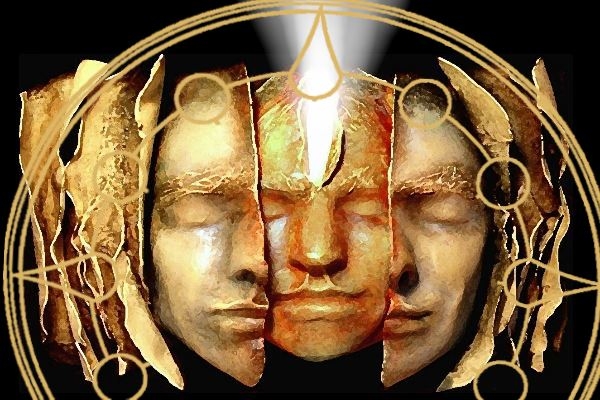
If you believe psychology is a merely a modern invention of a narcissistic age, you haven’t been paying attention. While the “scientific” study of psychology in a laboratory may be a relatively modern notion, (re)invented by researchers in the 19th and early 20th centuries, the study of the mind has ancient roots in all human cultures.
The Hindu Concept of Soul – Part 2: What is the Soul?
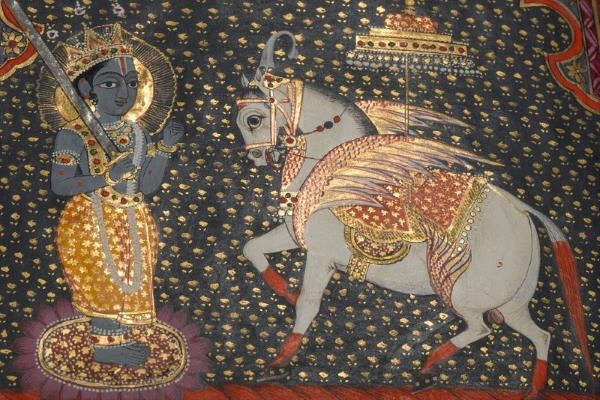
By: Gary Gomes The conception of the soul in Hindu belief is really relevant in connection with God, or Brahman (otherwise known as the reality—the state in which all reality exists). The two principle beliefs are that we are connected to Brahman and have always been connected to Brahman, but simply have forgotten, either because […]
The Hindu Concept of Soul – Part 1
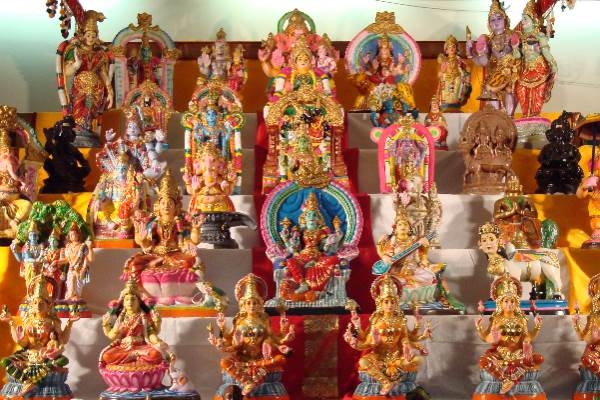
By: Gary Gomes First of all, it is important to identify Hinduism as a set of religions and beliefs rather than as set orthodox system of beliefs. The current division of sects dates back to the days of Adi Sankara, who organized the Smartist Sect of the Sanatana Dharma, the correct term for Hinduism (also […]
An Introduction to Natural Astrology

By: Bruce Scofield With the modern emphasis on natal astrology, natural astrology is sometimes forgotten. This is the branch of astrology that is more concerned with nature than with humans. Its traditional subject matter has been tides, weather and climate, volcanic eruptions and earthquakes, animal behaviors, agriculture, and plagues. This article gives a brief overview […]
Astrology of the Sassanian and Islamic Empires (300-1200 CE)
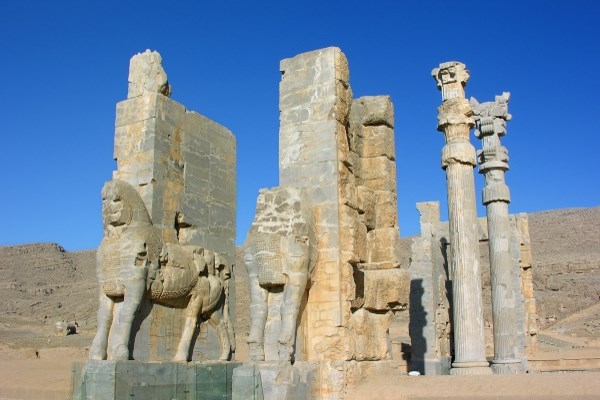
By: Robert Hand Arabic/Islamic civilization is one of three cultures that succeeded in the classical period of Greece and Rome. However, this civilization, unlike the Byzantine Greek and the Latin West, did not just inherit from the classical civilizations of Greece and Rome; it also inherited a great deal from the empire that it had […]
Introduction to Plato and Aristotle for Astrologers
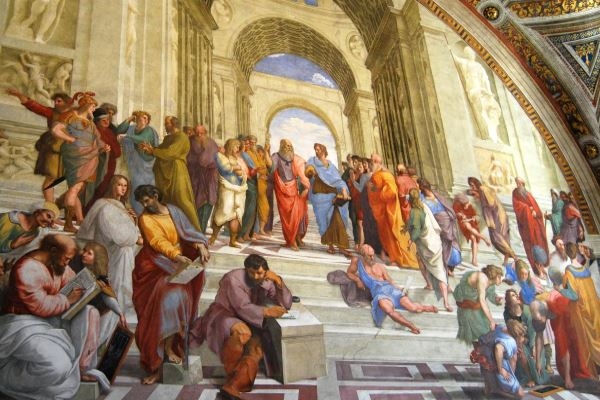
By Robert Hand, MA Plato, Especially with Respect to Astrology. We first see evidence of applications of philosophical principles that could be relevant to astrology in the writings of Plato (.428 – .327 BCE). We may also see them in the fragments left by the Pythagoreans, but recent scholarly work has questioned the antiquity of […]


